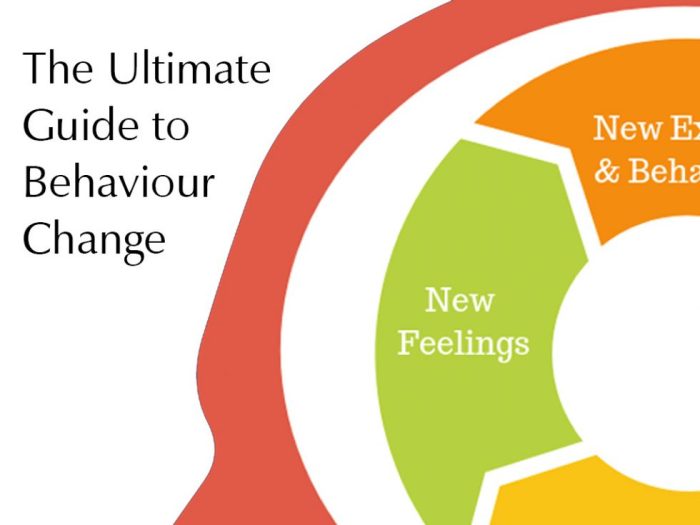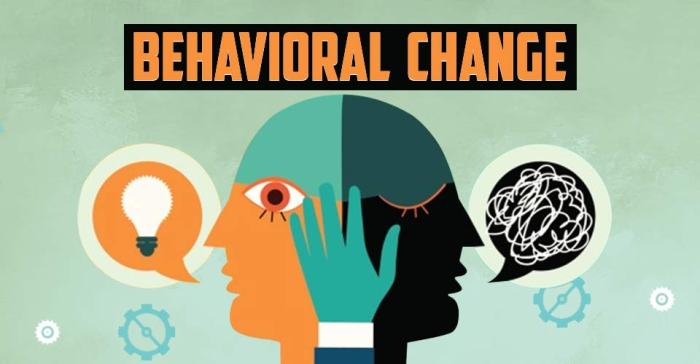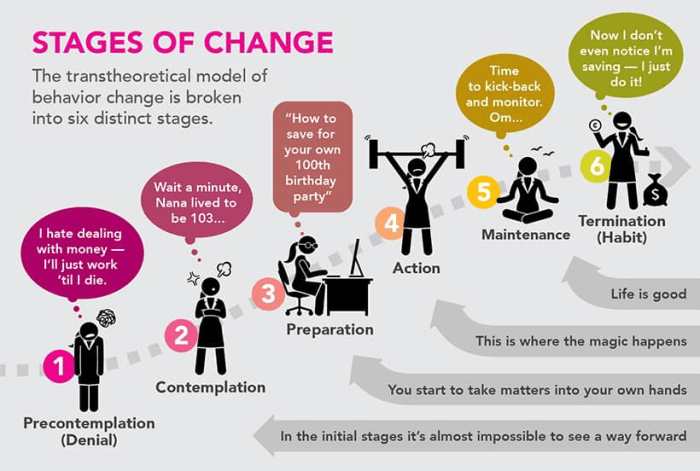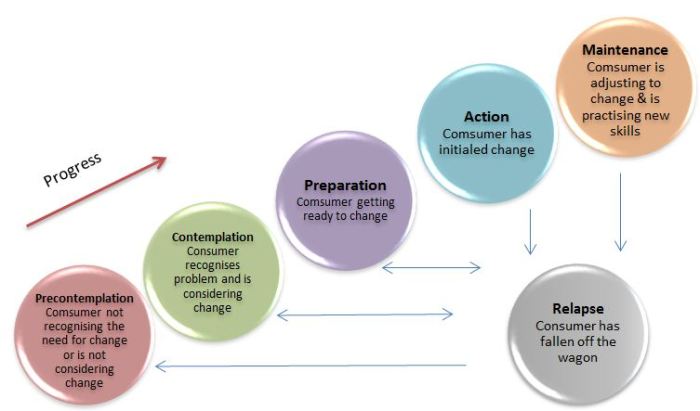A guiding principle for promoting generalized behavior change includes: – As a guiding principle for promoting generalized behavior change takes center stage, this opening passage beckons readers into a world crafted with authoritative knowledge, ensuring a reading experience that is both absorbing and distinctly original. It underscores the importance of understanding the concept, identifying specific behaviors, and tailoring individualized approaches to drive effective and lasting change.
The subsequent paragraphs delve deeper into the strategies, measurement, and evaluation techniques that form the cornerstone of successful behavior change interventions. They shed light on the role of reinforcement and punishment, the principles of cognitive-behavioral therapy, and the significance of establishing baseline data and outcome measures to gauge progress.
Guiding Principles for Promoting Generalized Behavior Change

Generalized behavior change refers to the ability to apply learned behaviors across various situations and contexts. To promote generalized behavior change, it is crucial to adopt guiding principles that focus on identifying specific behaviors, tailoring approaches, and evaluating outcomes.
Identifying and Targeting Specific Behaviors
The first step is to clearly define and identify the specific behaviors that need to be changed. This involves observing and analyzing the individual’s current behaviors and identifying patterns and triggers that influence them.
Individualized Approaches, A guiding principle for promoting generalized behavior change includes:
No two individuals are alike, so it is essential to develop individualized behavior change plans that cater to the unique needs and circumstances of each person. This involves considering factors such as cognitive abilities, learning styles, and motivational levels.
Top FAQs: A Guiding Principle For Promoting Generalized Behavior Change Includes:
What is generalized behavior change?
Generalized behavior change refers to the ability to apply newly learned behaviors across different situations and contexts.
Why is it important to identify specific behaviors for change?
Identifying specific behaviors allows for targeted interventions and tailored strategies that address the root causes of the behavior.
How does cognitive-behavioral therapy contribute to behavior change?
Cognitive-behavioral therapy focuses on changing maladaptive thought patterns and behaviors, promoting self-awareness and empowering individuals to take control of their actions.


